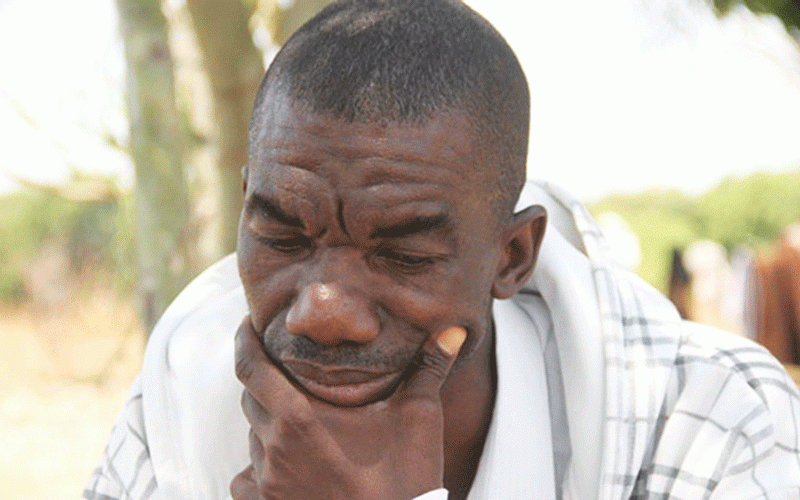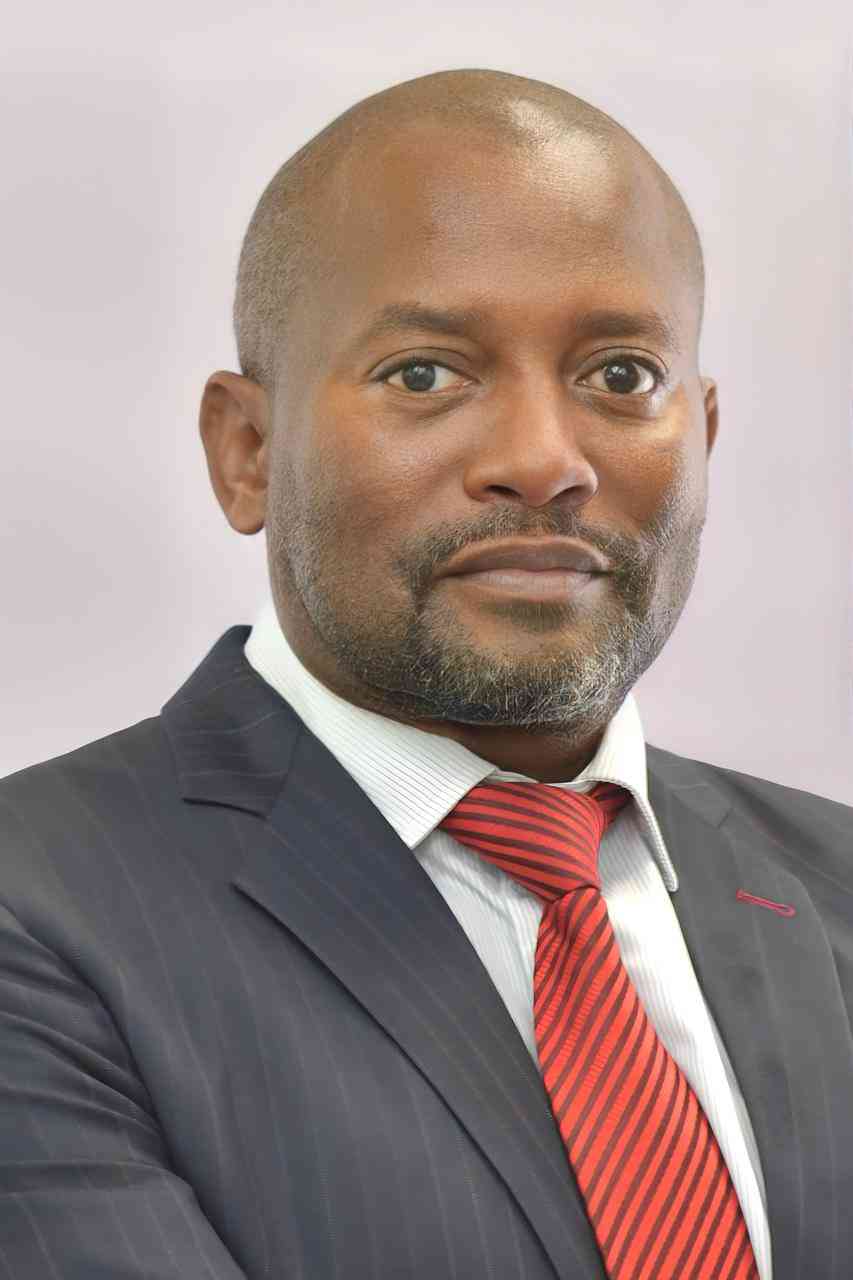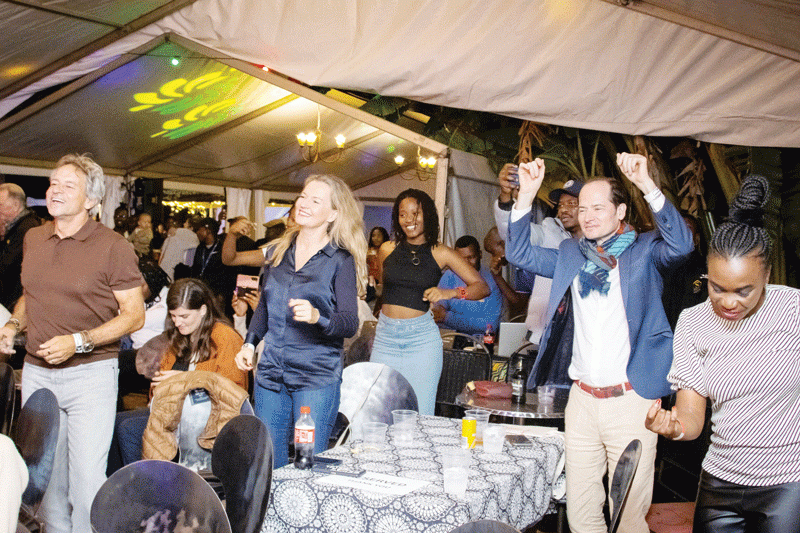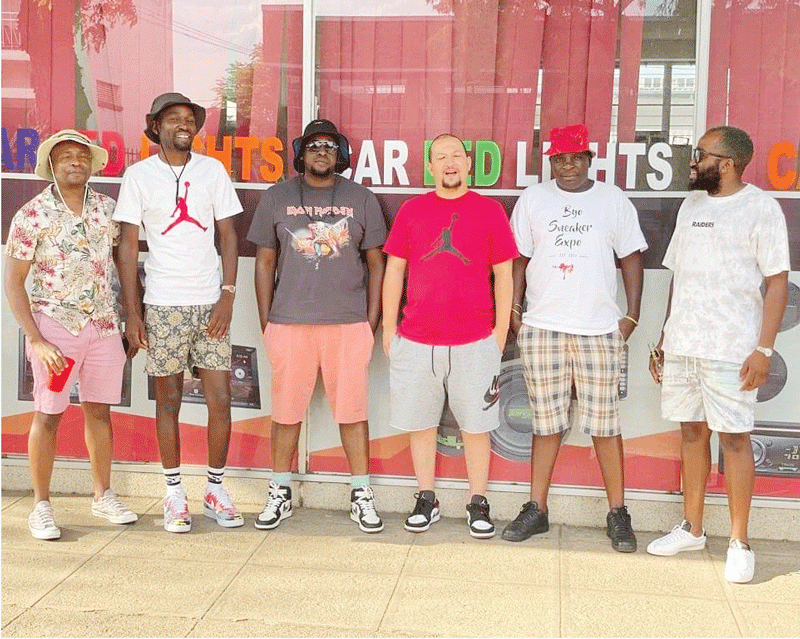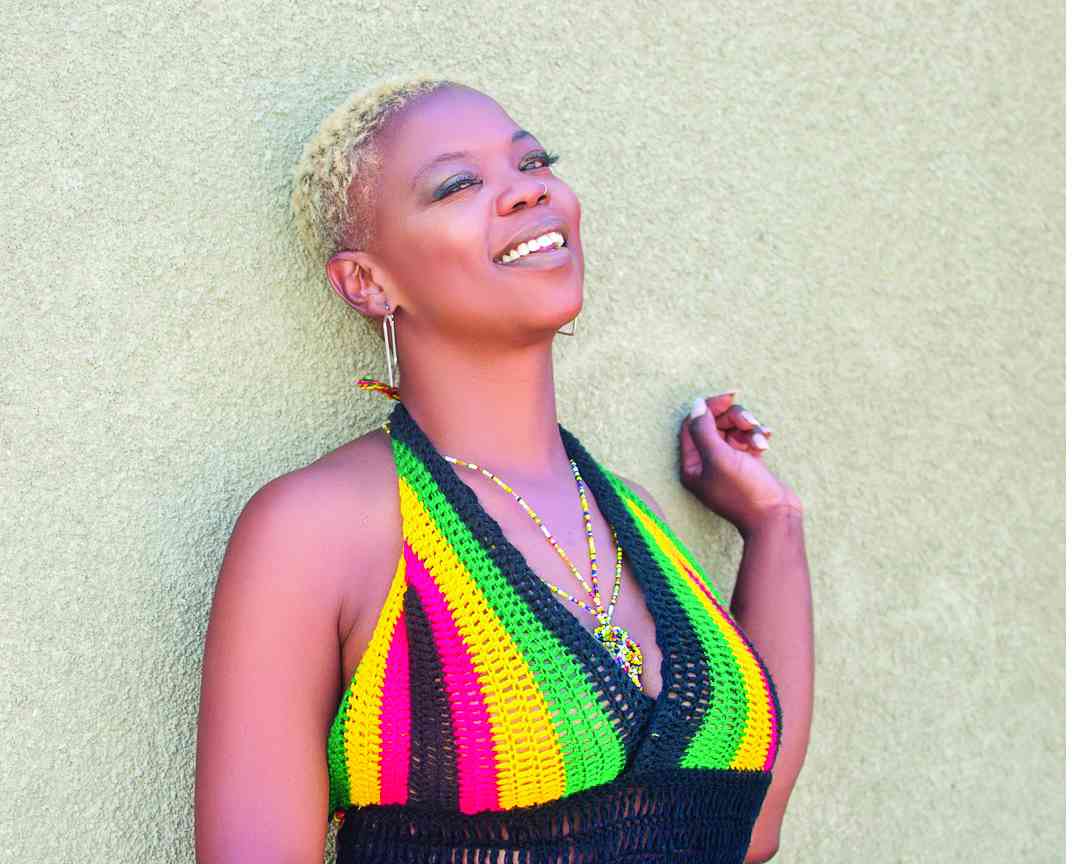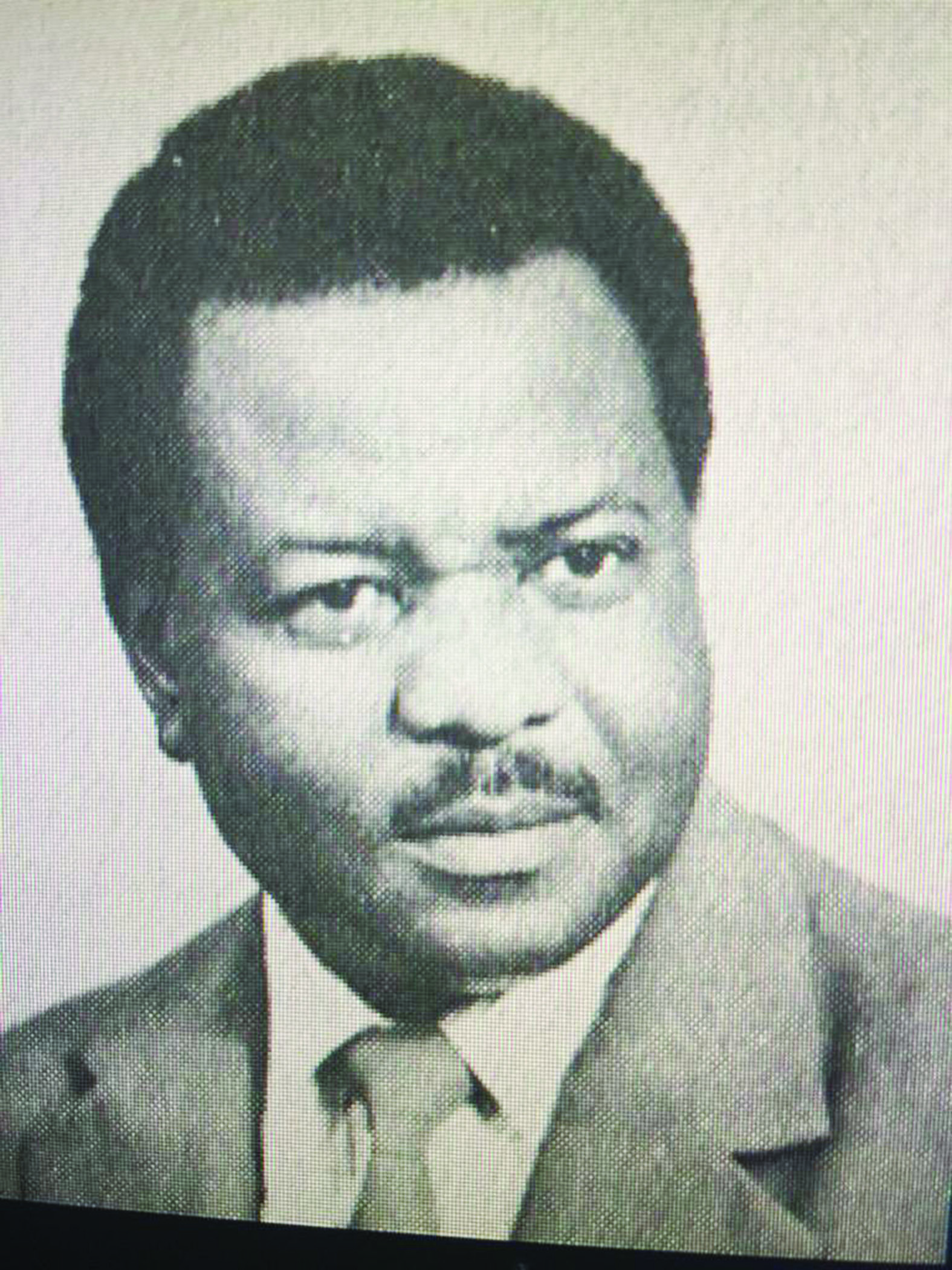
 Celebrating the life of liberation stalwart
Celebrating the life of liberation stalwart
Chimurenga liberation struggle freedom fighter and one of the first renowned nationalists, 90-year-old Moton Malianga, died in Harare on January 15, 2021 from complications of aspiration pneumonia. A mighty hero, a steadfast strategist and key player in every twist and turn of the liberation struggle (Chimurenga) for Zimbabwe, has fallen.
He was declared a national hero, uncontested, and was laid to rest on January 20, 2021 at the Zimbabwe National Heroes Acre. Cde Malianga was born at Old Mutare Mission in Zimbabwe on the 8th of June 1930. He was the fifth child.
Moton’s father, Paul Malianga, was married to Rose Malianga (nee Kadzura) and had six sons (Harris, Morris, Washington, Aggrey, Moton and George) and an only cherished daughter (Margaret Rose Malianga now (Matondo). Moton had three other younger stepbrothers Quinton, John, and Fungai by Harriet Malianga (nee Mandikutse).
Cde Malianga came from a political family. Together with his brother, Washington, they were among the first to be actively involved in the liberation struggle for the independence of Zimbabwe. Cde Malianga’s father was a teacher and a pioneer evangelist who established the first United Methodist Church in Bulawayo and at one time editor of the United Methodist Church newspaper, Umbowo.

He was among the first people involved in translating the United Methodist hymnal from English to Shona (Ngoma) with the first missionaries who came to Old Mutare. Cde Malianga’s mother was one of twin royal sisters; her sister was killed in accordance with the then prevailing custom, but his mother escaped death through the courage of a relative who ran away with her. She was among the first group of women who pioneered the formation of the United Methodist Church (UMC) women’s fellowship — Ruwadzano RweWadzimai (RRW) of Zimbabwe.
- Chamisa under fire over US$120K donation
- Mavhunga puts DeMbare into Chibuku quarterfinals
- Pension funds bet on Cabora Bassa oilfields
- Councils defy govt fire tender directive
Keep Reading
Cde Malianga started his primary education at Old Mutare Mission, then moved with his parents to Bulawayo before he was sent to boarding schools at Murewa Mission and later at Kutama Mission. For secondary education he went to Khaiso School, Adams College and Ohlange Institute in South Africa, where he gained his Matriculation Certificate in 1953. In 1957 he obtained a professional certificate in accountancy.
During his stay in South Africa, he became involved with the African National Congress of South Africa where he had contact with Nelson Mandela and others. On his return to Zimbabwe in 1958, Cde Malianga joined the Southern Rhodesia African National Congress (SRANC). He took up a teaching post in Highfield, Harare, where he was a great teacher at Mutasa Primary School, while living in Egypt, Highfield, with his three brothers, Washington, Aggrey and George.
At some point, his house was a target for petrol bombing which he narrowly escaped. While he was a teacher, he helped, inspired and was a role model to members of his family and other young Zimbabweans. He had many non-biological children locally and abroad, that today are left feeling a deep sense of loss after his death. He was known as Comrade, Baba, Hanzvadzi, Brother, Sekuru, Babamukuru, Babamunini, Shamwari.

He is known for having said the education system then was in favour of the minorities and left the majority without jobs or doing menial jobs. While he was teaching, he also held evening political meetings and later he had no option, but to leave teaching as public servants were not allowed to be involved in “agitating” the black Rhodesians since he held meetings and rallies to conscientise them of their rights in their own country.
He had been offered a scholarship to study medicine abroad which he turned down due to his resolve to help liberate Zimbabwe. Late in 1959, following the ban of the SRANC and the subsequent lull in struggle activities, he abandoned the idea of further studies to devote all his time, energy, and abilities to moving the liberation struggle forward.
After the SRANC was outlawed by the white regime, Cde Malianga was one of the founder members of the National Democratic Party (NDP) and was elected its vice-president at its formation in December 1959. In 1960, he led a delegation to London to protest the proposed removal of the entrenched clauses in the Southern Rhodesian 1923 Constitution, and to demand majority rule.
The following year, he was part of an NDP delegation to the British Secretary for the Commonwealth and was one of the few leaders who piloted the rejection of the Sandys constitutional proposals, which gave token African representation in Parliament. In the 1960s, Cde Malianga travelled extensively across Europe, Asia, and Africa, canvassing for moral and material support as blacks intensified efforts to gain majority rule in Zimbabwe, then Rhodesia.
During that time, he was arrested several times. This included in 1960, when he was arrested, tried, and sentenced to a fine and imprisonment for making subversive statements at public meetings. His trial was transferred from a Harare court to Inkomo Military Camp outside the city because of the large crowds that gathered to protest his trial.
After the NDP was banned in December 1961, he became secretary for public affairs of the successor Zimbabwe African People’s Union (ZAPU), with special responsibility for organising the armed struggle. It was during that period that the first group of freedom fighters, including His Excellency, the current President of the Republic of Zimbabwe, Cde Dr Emmerson D Mnangagwa, were sent out for military training.
Cde Malianga submerged himself in freedom fighters’ recruitment which entailed travelling to the communal lands including indigenous secondary schools and his late father’s farm in the Marange District, Mutare, where he held rallies and helped to recruit for the party. His life was always in danger and was at risk of losing his life at the hands of the white regime. His name was among several targeted people.
For example, at one time, two helicopters descended on his father’s farm looking for him and they shot at the buildings on the property which till this day remains standing with the bullets damage as a reminder of this incident.

Cde Malianga, on hearing that the whites had come after him, escaped quietly as was true to his nature. A stealth and humble man. Among the many that were recruited to be freedom fighters were his relatives, some who died during the war.
In 1961, he was served with an order prohibiting him from attending any political gathering of more than 12 people and from entering the Tribal Trust Lands for fear that he would organise the black majority for an uprising; even when he went to church, they would follow him.
The following year (1962), he was arrested and tried at Inkomo Military Camp after leading a 10-mile (16km) march from Mabvuku township to Salisbury (Harare) to protest the arrest of NDP leaders and against the delay in bringing about political changes. He was sentenced to five years’ imprisonment under the Law and Order Maintenance Act for making subversive statements at public rallies and sedition (a sentence which, on appeal, was reduced to two years, with one year suspended).
While in prison when Zapu had been banned, he, together with others organised the formation of the Zimbabwe African National Union (Zanu), which was launched in 1963. On release from prison in June 1963, he was appointed external representative of the newly-formed Zanu, headquartered in Cairo, Egypt. He was tasked with mobilising international support for the new party and the country’s liberation struggle and travelled widely to achieve the objectives of the party. All the time doing this selflessly.
While in Cairo, he edited a journal titled Zimbabwe News for distribution, particularly to diplomatic missions. While abroad, Cde Malianga was elected as the first secretary for youth and culture at Zanu’s first congress in May 1964.
On returning to Harare in September that year, he was immediately arrested and restricted, first to Whawha, then Sikombela, notorious detention camps, where agitators, including Cde Malianga, were tortured and deprived of food for several days.
He said they survived on “mashonja” (madora/amacimbi) — a type of edible tree worms. Cde Malianga had become a political firebrand that posed a threat and intimidated the white minority regime. Then, finally, immediately before Smith’s Unilateral Declaration of Independence in November 1965, he was detained at Salisbury Maximum Security Prison where he was to spend the next 10 years.
During his time in prison, Cde Malianga obtained a Bachelor of Commerce degree (B.Com) majoring in Economics, Business Economics and Accounting. Thereafter, he studied Law. While he was in prison his spirits were lifted each time his only surviving sister “asikana”, Margaret Rose Malianga (now Matondo), and her children as well as his family and friends would visit him.
He also received overwhelming support from Amnesty International in the form of encouraging letters and cards including other material things, for example clothing. When he was released from Salisbury Maximum Security Prison, in December 1974, he went to his sister’s house in Highfield, where many came to celebrate the release of the liberation stalwart.
He continued to dedicate all his time to the liberation of Zimbabwe from the colonial regime. He stayed true to his cause. He made a vow to himself that he would not marry until Zimbabwe attained independence. Cde Malianga’s story would not be complete without the stories of his sister and nieces (Nyasha Maureen Matondo, Pauline Matondo, and Tapuwa Doreen Matondo) and nephews Nyaradzai Ian Matondo, Godfrey Matondo, Floyd Matondo and Tafirenyika Malianga whom he stayed with in Highfield.
He stayed with his sister for several years. During this time, he worked with other members of the Zanu central committee in a mobilisation campaign for the liberation war. He attended the Victoria Falls talks, the Geneva conference and the Lancaster House conference.
In the First Parliament of Zimbabwe, Cde Malianga, who was a central committee member of Zanu, was appointed senator and became Deputy Minister of Economic Planning and Development in 1981. In the Second Parliament, he was elected Member of Parliament (MP) for Mutare West and subsequently appointed Deputy Minister of Trade and Commerce in 1988.
During that time, he was instrumental in developing this region. Having been made MP, he realised, working with the locals, that there were no secondary schools or clinics, and neither tarred roads, and made his immediate concern education, roads and health care. The white colonial regime had only built a few primary schools to make sure most of the people had rudimentary education to allow them to work on their farms.
So, Cde Malianga planned and sourced for funds to build secondary schools, clinics and paving of the road from Munyarari (22 miles from Mutare on the Masvingo Road) to Odzi via Bazeley Bridge and Makomwe. When Cde Malianga stepped down from being an MP, he had already planned and sourced funds for these projects, making it easier for the next person to implement and complete some of the projects.
He was an extraordinary strategist and had excellent planning skills which benefited his constituency and the people of Zimbabwe. He was a member of the central committee until his death in 2021. Cde Malianga died on January 15, 2021 at the age of 90 at Parirenyatwa Group of Hospitals. Like Moses in the Bible, who answered God’s call and delivered the Israelites from Egyptian oppression, so did Cde Malianga. He answered the clarion call to deliver blacks from white oppression.
He left a rich heritage and example which we should draw from his humble character. He remained consistent for the cause of the freedom of Zimbabweans, loyal to his country and fellow man. A selfless hero has fallen. Cde Malianga’s story must not be allowed to be wiped off the history books of Zimbabwe.
Moton’s only sister Margaret, recalls the things they did when he came out of Salisbury Maximum Security Prison. “One of the people who had great influence on Cde Malianga’s political life was his late elder brother, Washington, who also played a pivotal role in the independence of Zimbabwe”. On the other hand, one of the women who played a pivotal role in Cde Malianga’s life was his sister, Margaret.
Looking back, Margaret realised she was living with greatness and did not realise it because to her, “Cde Malianga was just my brother whom I called Mukoma Moton”. They would joke and laugh like any other siblings. Cde Malianga was very protective of Margaret. When all is said and done, Margaret would say in a few words that “Cde Malianga was a selfless, calm, courageous and a mystery whose contributions to humanity are unquantifiable”.
And there were also many other good things that Cde Malianga did for the people that cannot be contained in the record books. He was larger than life itself. One of the things that Margaret remembers is going to Cyril Jennings Hall, Highfield, with friends to hear her brother address hundreds of people at these well attended political rallies. It was during one of these rallies that the white regime set vicious dogs on the people. Many were bitten, and some were injured while trying to escape.
Cde Malianga was a great orator, persuasive and a deep thinker always putting others first. Mukoma Moton wanted me to study medicine and got me a place at Goromonzi High School, I was among the first group of girls to study sciences. By then, our parents had passed on and we now stayed at the African Girls’ Hostel in Mutare with Ambuya Harriet, Quinton, John and Fungai Malianga. The older brothers of Moton, could not live at the Girls’ Hostel because of age, but this was their home. During this time my brothers, particularly Moton and Washington, were involved in parenting me.
“When Mukoma Moton was in South Africa, he would write to the principal, Mr Hammond, to check on my wellbeing and school progress,” says Margaret. Little did Margaret know that one day, their roles would be reversed, whereby she would take care of Cde Malianga when he was released from Salisbury Maximum Security Prison.
Margaret recommended Effie Salome Chipunza to her brother to whom she eventually got married to. Margaret also helped him to secure a stand in Old Highfield, “kuma stands” where he then built his house. Nieces and Nephews reminisce their years with Cde Malianga: “To us, he was Sekuru Moton and was able to juggle his time to make sure he had family time. He had a positive mindset and taught us to stand our ground regardless of our socioeconomic status, disability, gender, age, or faith.”
One of the lessons his nieces and nephews learned from Cde Malianga was to never run away from challenges but like David face your Goliath with courage — run toward your Goliath! He was a strong believer in that a girl child can achieve and do just as well as a boy child if given opportunity. We had a wonderful time with “Sekuru Moton”.
We would talk about his experiences in jail. He would take us out to have lunch at nice restaurants. He loved playing lawn tennis and would take us to the Salisbury Tennis Club in his khaki brown “pezho” (Peugeot) car, where we would watch him play with his friends. We enjoyed the car rides all the time. We played games, including scrabble and he taught us “crazy eight” a card game, how to play snakes and ladders, chess and how to fish. He loved to listen to Louis Armstrong and other jazz players, with his favourite songs being What a Wonderful World and Black and Blue.
He never spoke evil about anyone who would wrong him. He was a Christian and his favourite Bible verse: “Do not repay anyone evil for evil be careful to do what is right in the eyes of everyone” Romans 12: 17. Our favourite song was Itai Muponesi Izvo Munoda…
He taught us to put our best foot forward and to always dress smart and eat healthy. When we were in boarding school, he would write us letters, send us pocket money, and visit us. Every time he visited us, our friends would also come to hear words of encouragement. He also encouraged us to work hard and to have good friends. When we wedded, he was there at our weddings and we want to thank God that he went to be with the Lord when he had seen our children.
When he came back from any of the conferences, he always brought us gifts. We remember the time he brought us walkie talkies and our first wristwatches. He also brought gifts for our friends and other children in our community. He was loved and cherished by all.
When the family had any matters that needed settlement, he was always the go to person, calm and collected. He was a just man. He could apply knowledge to simplify complicated issues. What a resilient, quiet, and soft-spoken man, full of wisdom and genuine love for the people and his nation. He was an honest man who ran his race and finished the course, leaving a legacy for us to protect.
As the great songwriter once said: “Memories don’t leave like people do, they will always stay with you …”, so shall the memories we had with our uncle. We recognise his nephews Ian Nyaradzai Matondo and Floyd Matondo who worked tirelessly and directly with Mbuya Effie and Sekuru Wari, among other relatives including Susan, Angela and Sheila Malianga on Sekuru’s upkeep and well-being as he grew older.
Go well our beloved Sekuru (uncle), a silent hero. He is survived by wife Effie, two sons Paidamoyo and Waraidzo, and two grandchildren. He is also survived by his only sister, Margaret Rose Matondo, younger brothers Quinton and Fungai and an innumerable number of cousins, nieces, and nephews. Forever cherished.
May his soul rest in eternal peace.


